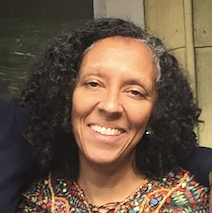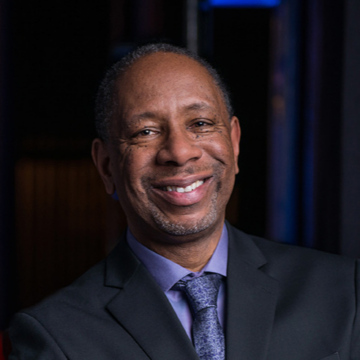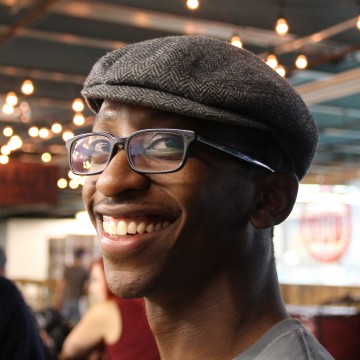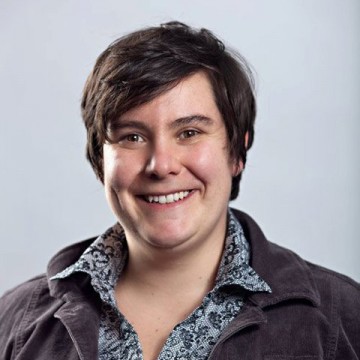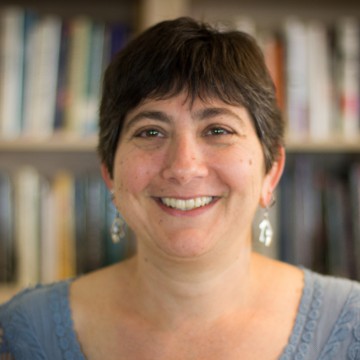Design, Development, and Democracy
December 11, 2015 Leave a commentFOR IMMEDIATE RELEASE
Today community activists, designers, planners, and public officials convene for a day-long event, Design, Development, and Democracy. They are called to imagine connected, democratically-driven design and development processes that can expand and deepen our democracy.
“It is important that we recognize city planning decisions as democracy opportunities,” said IISC President, Ceasar McDowell. “These decisions are not now, and never have been, separate from political matters.”
Cities are complex places where competing interests influence quality of life. To build just and resilient cities, people across sectors—not only planners—must influence decisions related to the built environment, community health and interconnected social issues.
That is why IISC has joined with Sasaki Associates, MIT’s Dept. of Urban Studies and Planning, the Boston Society of Architects, and Harvard University Graduate school of Design to host Design, Development, and Democracy (DDD) at the Bruce C. Bolling building in Roxbury.
Boston is in the midst of a development boom. Imagine Boston 2030 is the master-planning process, run by Boston Redevelopment Authority (BRA). The master plan will include results from Go Boston 2030, the transportation visioning process for which IISC led 2015 public engagement with the Boston Transportation Department (BTD), and other plans. Decisions made during these planning processes will influence the city for generations.
“Today we will deepen the conversation about Design, Development, and Democracy by bringing together people from many different disciplines,” said IISC Senior Associate Cynthia Silva Parker. “Our hope is that they influence one another’s practice of engaging communities.”
Silva Parker reflected on the project since its origin in the summer of 2014 and foreshadowed the future of DDD. “There is a need for a national convening, where teams of residents, designers, public officials, and more from multiple cities would convene to explore these issues. We have big ideas and are currently seeking resources to bring them to scale.”
The partners envision large events that are open to the general public, and stretch professionals to think differently about how they do their work. There is a great deal of interest in Boston around these questions, as evidenced in the Boston Banner’s recent article about Roxbury Resident’s calling for more say in development decisions. IISC President McDowell is utilizing IISC’s collaborative methodology with MIT students and partnering with city Councilor Tito Jackson to support the resident empowerment.
“We closed our office and invited our entire staff to participate in this event,” said IISC Chief of Staff and Democracy Strategy, Kelly Bates. “This decision reflects how much we value this moment, where IISC is joining with key partners to influence the future of our city.”
IISC is pursuing Big Democracy; the belief that the public is fully capable of working together to create sustainable, just and equitable communities.
IISC’s work in Big Democracy is to communicate, demonstrate and create places of experimentation to show that it is possible for the public, to come together even in the midst of structural inequalities, increased demographic complexity, extreme power imbalances and a persistent belief in a “hierarchy of human value.”
CONTACT:
Danielle Coates-Connor, Communications Director
dconnor @ interactioninstitute.org
413-246-0524

